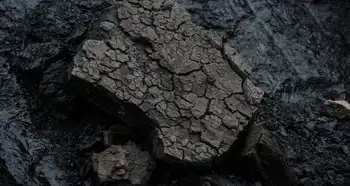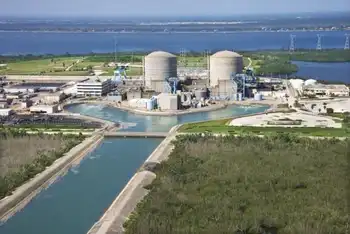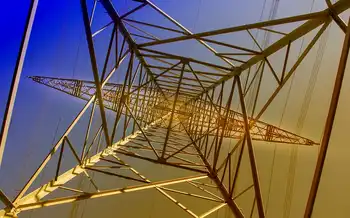Schneider contributes to IEEE/NFPA arc flash initiative
The donation will help expand the knowledge of the electric arc phenomena and enhance worker safety through advances in the codes and standards relating to safe employee work practices.
“Schneider Electric’s contribution toward Arc Flash research aligns with its commitment to improving electrical standards and ongoing initiatives to protect worker safety,” said Jim Pauley, vice president, industry and government relations for Schneider Electric.
“We believe this project will produce the data necessary to further our understanding of the arc flash phenomena, which will help us design safer components and provide better guidelines for safely maintaining electrical equipment.”
An arc flash is an electric current that is passed through air when insulation or isolation between electrified conductors is no longer sufficient to withstand the applied voltage. The flash is immediate, and the results can cause severe injury. According to IEEE research, more than 2,000 times per year, workers are admitted to burn centers for treatment of extended injuries caused by arc flash.
“We are very excited to welcome Schneider Electric as a sponsor of the Arc Flash project,” said Sue Vogel, director, Technical Committee Programs for the IEEE Standards Association. “Its contribution will help speed the work of this project and ensure a solution that will help save lives.”
The IEEE and the NFPA have joined forces to fund and support research and testing to better define arc flash hazards and protect electrical workers. The results of this collaborative project will provide information to improve electrical safety standards, predict the hazards associated with arching faults and accompanying arc blasts, and provide practical safeguards for employees in the workplace. The multiyear project is estimated to cost $6.5 million.
Related News

Ireland goes 25 days without using coal to generate electricity
DUBLIN - The island of Ireland has gone a record length of time without using coal-fired electricity generation on its power system, Eirgrid has confirmed.
The all-island grid operated without coal between April 11th and May 7th – a total of 25 days, it confirmed. This is the longest period of time the grid has operated without coal since the all-island electricity market was introduced in 2007.
Ireland’s largest generating station, Moneypoint in Co Clare, uses coal, as do some of the larger generation sites in Northern Ireland.
The analysis coincides with the European statistics agency, Eurostat publishing figures showing annual CO2 emissions…





